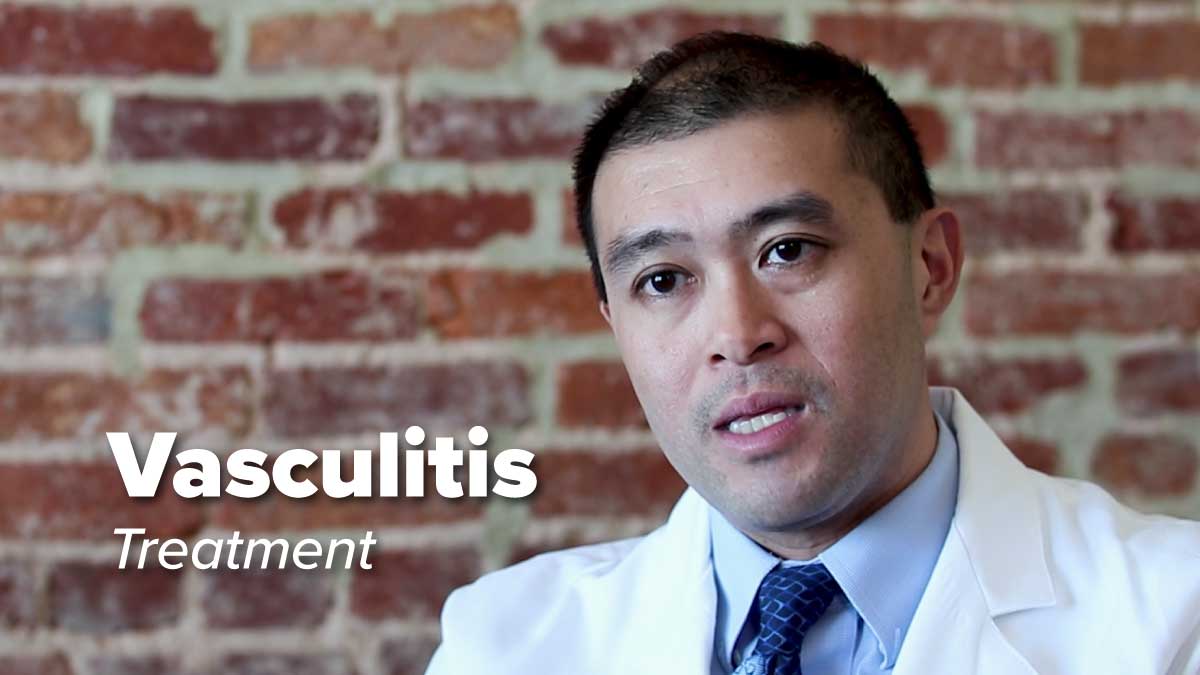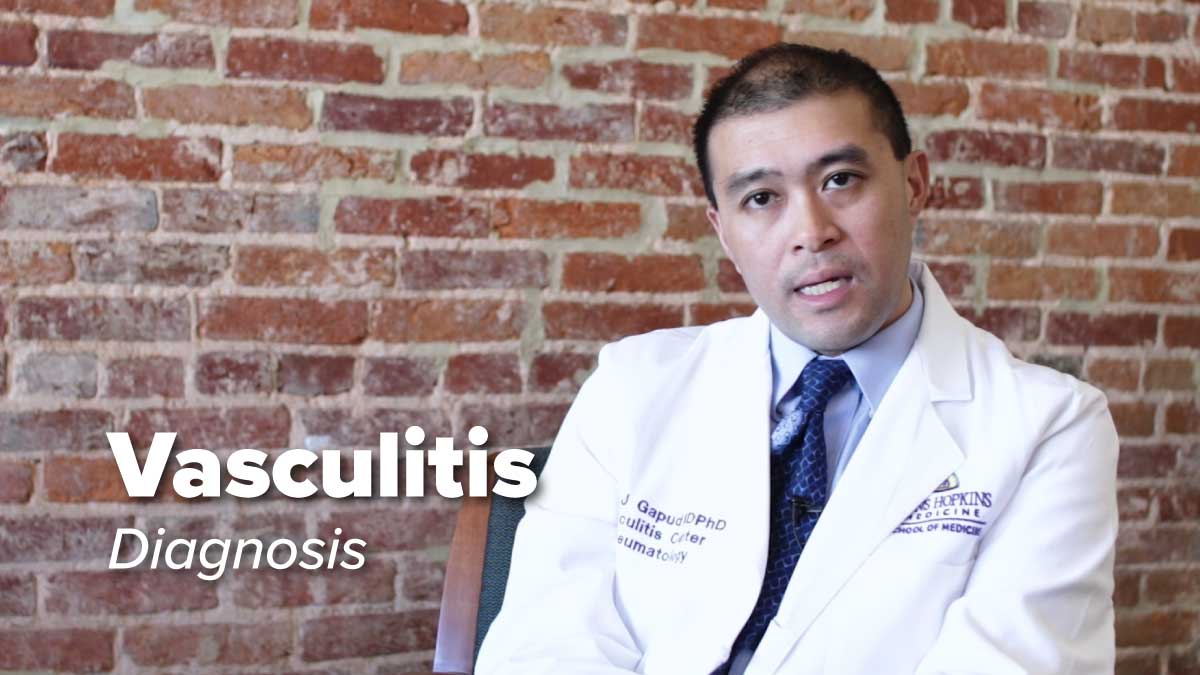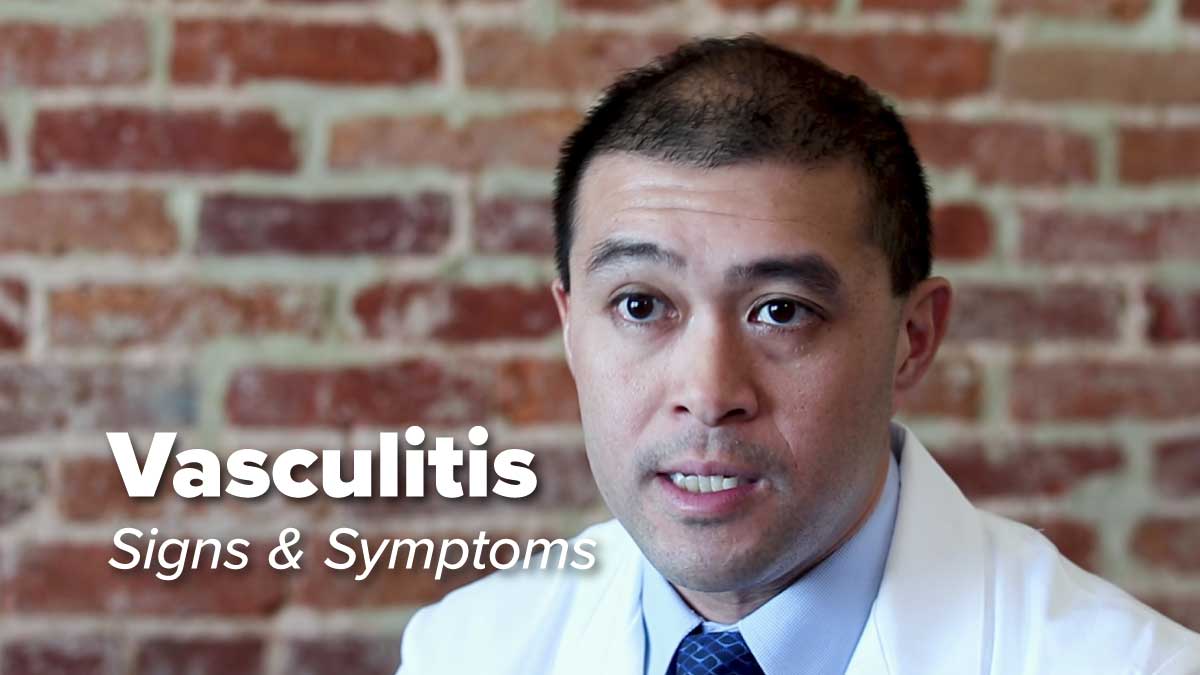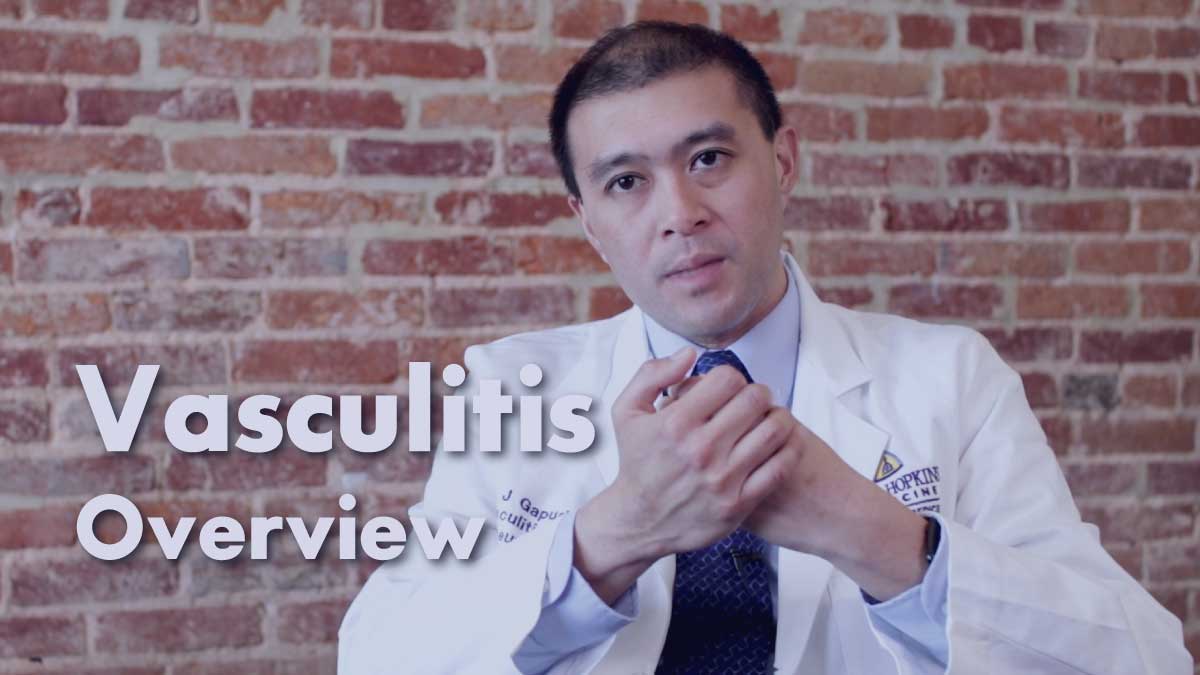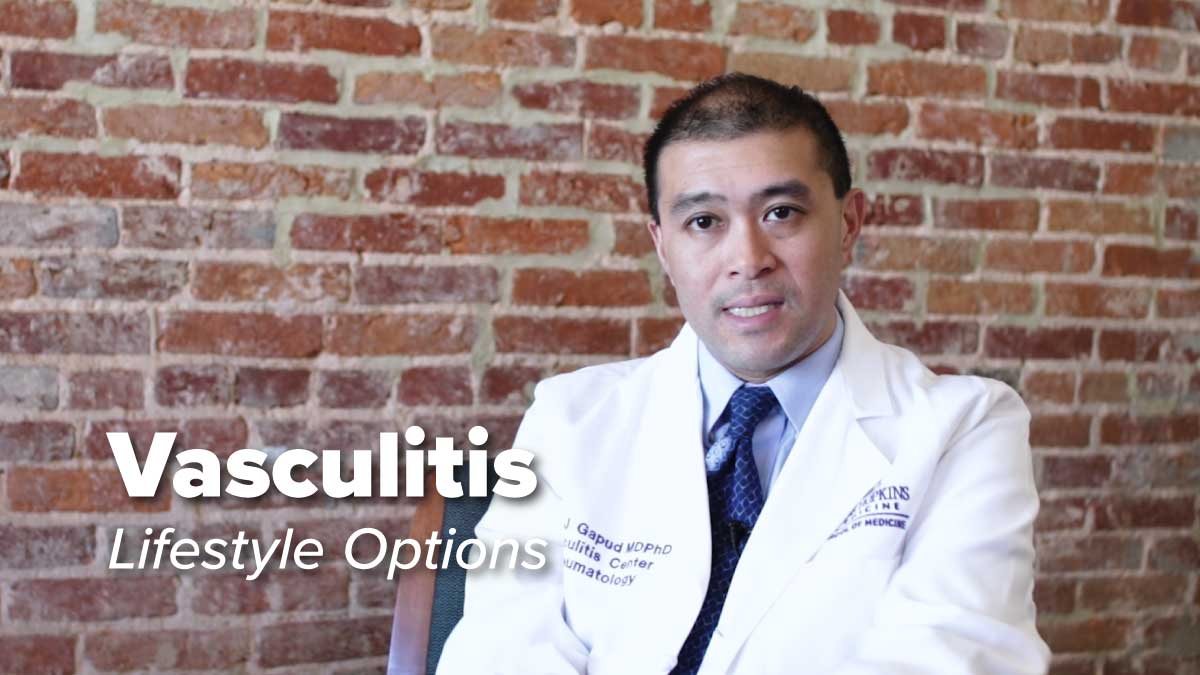
Like many rheumatic diseases, exercise and a healthy diet are key to a Vasculitis patients recovery. How quickly and how well blood vessels heal and regenerate has a direct relationship with how soon can a patient get back to exercising.
Dr. Eric J. Gapud, physician and Vasculitis Center Director of Research, explores things patients can do at home to heal and feel better.
